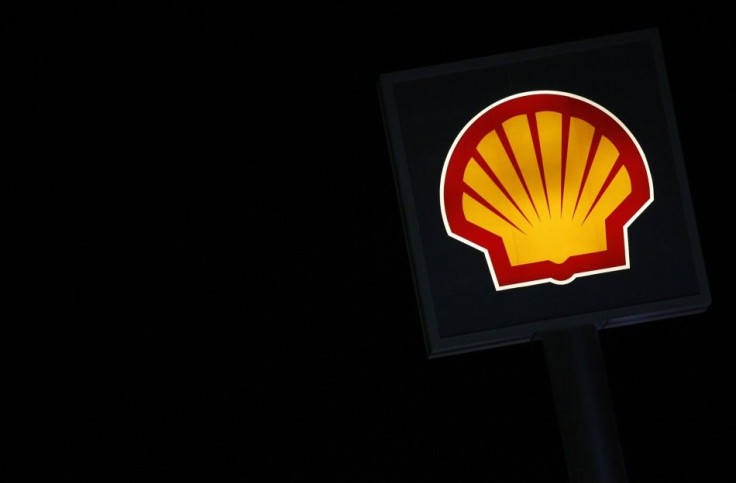Sanctions Make It Hard For Royal Dutch Shell To Pay Iran

Royal Dutch Shell PLC has a whole lot of money on its balance sheet, but European Union and U.S. financial sanctions are making it difficult for the major integrated oil-and-gas company to pay an estimated $1 billion it owes the National Iranian Oil Co. for crude purchases, according to Reuters.
Four industry sources told Reuters that Shell owes a large sum to the NIOC, with one putting the figure in the area of $1 billion.
Shell is working hard to figure out a way to pay NIOC, one of the sources told Reuters. It's very sensitive and very difficult. They want to stay on good terms with Iran, while abiding by sanctions. A Shell representative declined to comment about the matter to the news agency.
The EU placed a ban on Iranian oil imports in January, but it gave companies until July 1 to wind down their business with the Islamic Republic.
With daily contract volume of 100,000 barrels of oil, Shell was one of Iran's three largest corporate clients, Reuters reported.
EU and U.S. financial sanctions -- designed to punish Iran for pursuing its nuclear program -- already have come into effect.
On March 15, the Society for Worldwide Interbank Financial Telecommunication, or Swift, announced it had been instructed to discontinue its communications services to Iranian financial institutions that are subject to European sanctions.
This EU decision forces Swift to take action, Lázaro Campos, CEO of the cooperative, said at the time. Disconnecting banks is an extraordinary and unprecedented step for Swift. It is a direct result of international and multilateral action to intensify financial sanctions against Iran. The Swift action became effective on March 17.
There are big frustrations with the payment route -- the U.S. pressure is really working, one oil-and-gas industry source told Reuters. It's now nearly impossible to use the banking system.
© Copyright IBTimes 2025. All rights reserved.






















